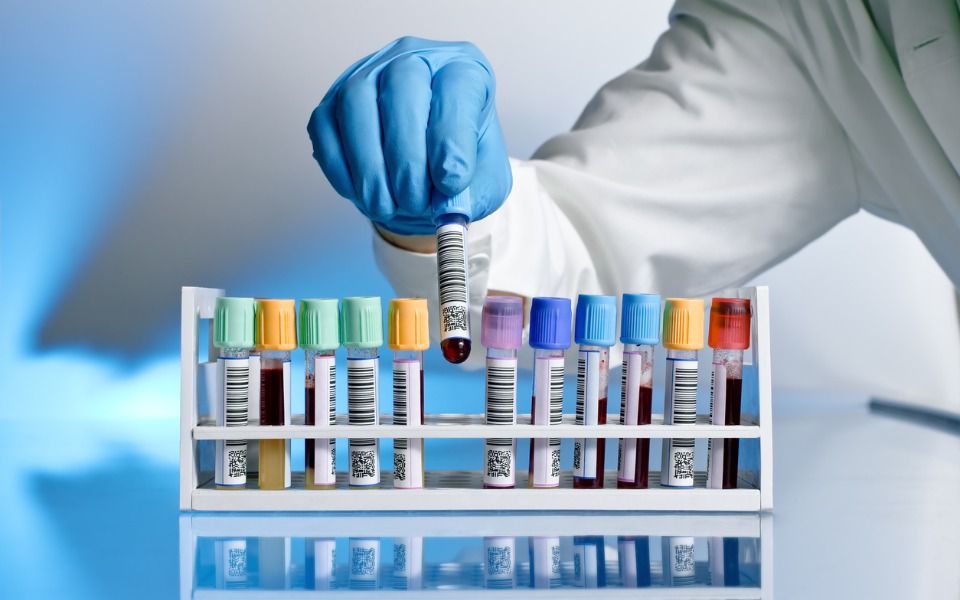
Kerala moves on plasma therapy for COVID-19, seeks nod for trials
Kerala has received approval from the Indian Council of Medical Research to test and see if plasma transfusion could be a way of treatment for critical COVID-19 patients in the state.

Kerala has received approval from the Indian Council of Medical Research to test and see if plasma transfusion could be a way of treatment for critical COVID-19 patients in the state.
However, the trials for this method that are to be held across different centres are still awaiting permission from the Drug Controller of India, since this involves relaxation of blood donation norms.
The ‘Convalescent Plasma Therapy’ involves transfusion of plasma from a person who has recovered from COVID-19 into a patient who might become critical due to the same illness.
The recovered person’s plasma, which would be rich in antibodies (proteins produced to fight viruses/bacteria) might help the critical patient recover.
Related news | Centre approves ₹15,000-crore plan to combat COVID-19
The plasma donor is strictly supposed to be a patient who has recovered from COVID-19, showed negative testing multiple times, and showed no symptoms after 14 days of isolation.
On the other hand, the plasma therapy is only for COVID-19 patients who are likely to get critical and are on ventilator support.
“If the person who has recovered gives consent, we can test for antibody levels,” NDTV quoted Dr Anoop Kumar as saying. Dr Kumar is part of the medical expert panel set up to advise the Chief Minister and is a critical care doctor at Baby Memorial Hospital.
Related news | Explained: COVID-19 affects children but they are off danger grid
“This is not like blood donation. Only the plasma from the body is collected. A person who weighs 55 kg and has ample protein in blood, can donate 800 ml of plasma, which can be used for treating four patients. One patient would require 200 ml of plasma,” he told NDTV.
Sources said ELISA test kits are important for checking antibody levels. However, considering the lockdown and lack of flight services, they said this would add to the difficulties in acquiring those kits.
Hence, experts are seeking alternatives for the ELISA testing kits in case they run out.
“Sree Chitra is awaiting approval of its ethics committee and of Drug Controller to start the study. Plasmapheresis will be done at five medical college state hospitals and Sree Chitra will lead the project,” Dr Asha Kishore, Director of Sree Chitra Tirunal Institute for Medical Sciences and Technology told NDTV.
The Sree Chitra Institute is an esteemed, state-government sponsored educational institution.


